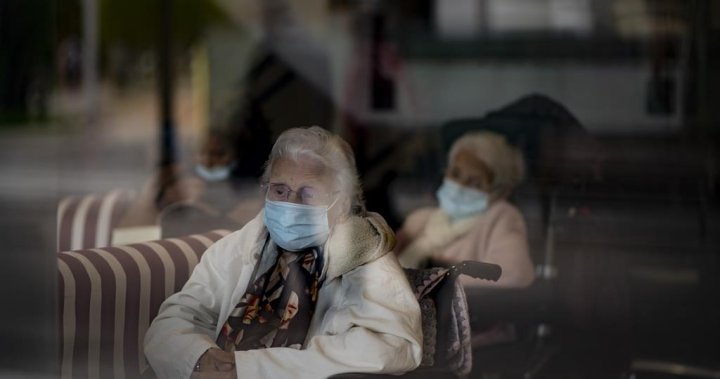The large increase in dementia patients expected in Canada over the next few years may leave the country unprepared, according to a recent analysis from CanAge, the country’s national seniors’ advocacy organisation. This forecast, according to experts, is expected to overwhelm our healthcare system.
Saskatchewan’s population has already reached one in six persons over the age of 65 and is rapidly approaching one in five.
According to Laura Tamblyn Watts, CEO of CanAge, “We know that Canada is an ageing nation, and as we age, our risks of developing dementia considerably rise. CanAge wanted to know how we were doing in terms of delivering on the commitments made in our national dementia strategy as well as how we were doing locally in each province and territory.
According to Watts, the CanAge research “comes up with a really grim answer.
None of the provinces, territories, or the federal government are dementia-ready.
She says that in Canada, there is one paediatrician for every 2,000 children and adolescents in order to put the situation into context. There is one geriatrician for every 21,000 older people, and that number is dropping.
According to Watts, the gap in the situation can be attributed to the amount of time required by doctors to treat elderly patients.
“Treating elderly patients, especially those with cognitive impairment, in five-minute intervals is also impossible. Geriatricians work harder and earn less money than paediatricians.
The provinces without a plan in place to deal with the anticipated rise in dementia cases include Saskatchewan.
“Early detection is crucial, yet only 39% of GPs in Saskatchewan feel confident in their ability to recognise dementia or treat it.
So that means that, mostly, general practitioners don’t feel confident and lots of early detection is missed,” Watts says, “Without a strategy, we are going to be throwing good money after bad and we don’t really target where investments and support are most needed. We thus hope that this government moves promptly in this area.
”
“The Alzheimer’s Society of Saskatchewan board has named the development of a provincial dementia strategy as a priority for our province,” says Joanne Bracken, CEO of Alzheimer’s Society, “We think the strategy would be best led by the Government of Saskatchewan through the Ministry of Health as one of the leaders of the strategy. We do believe that the Alzheimer’s Society would be an important stakeholder in that as well as other organizations.
” Bracken adds that a key role in preventing a provincial dementia crisis would be the implementation of more geriatricians. “ Our province has just one geriatrician certified by the Royal College for a very long time. That number has now been boosted to five, so that is unquestionably an improvement. The demand for those with that specialisation is very great.
” Bracken feels positively about the province’s interest in the situation and adds, “We do have a good working relationship with the province. We receive a sizable amount of funding to assist those who are suffering from dementia.
We are hopeful about their interest in dementia care in the province and that they will be willing to develop a strategy for people living with dementia in our province. “I think we have a good start, but as this report (CanAge report) and as the Alzheimer’s Society of Canada report indicates, we need a more specific dementia strategy and it needs to be actioned with resources and priorities for that to move forward.
Before publication, Global News contacted the province for comments but never received a response.
Saskatchewan is unprepared for the anticipated rise in dementia cases.

